In the fast-paced landscape of logistics and transportation, the question often arises: Can you rent a flatbed trailer? This query encompasses the growing need for versatile hauling solutions that cater to numerous cargo types, from construction machinery to oversized goods. This article delves deeply into the world of flatbed trailer rentals, providing a comprehensive overview, key considerations, and actionable insights to empower your decision-making process.
Understanding Flatbed Trailers: A Brief Overview
Flatbed trailers, distinguished by their open-top and no sides, are a popular choice for transporting freight that cannot be easily loaded or unloaded in a standard enclosed trailer. Their design is characterized by:
- Versatility: Accommodates a variety of loads, from lumber to vehicles.
- Accessibility: Easy loading and unloading from the sides, top, or rear.
- Stability: Evenly distributes weight, ensuring safe transport.
Table 1: Types of Flatbed Trailers
| Type of Flatbed Trailer | Description | Ideal Use Cases |
|---|---|---|
| Standard Flatbed | Basic model with no sides or roof | General freight transport |
| Step Deck | Lower deck height for taller loads | Construction materials, machinery |
| Drop Deck | Features a ramp for easy loading | Cars, heavy equipment |
| Lowboy | Extremely low to the ground | Hauling heavy machinery and equipment |
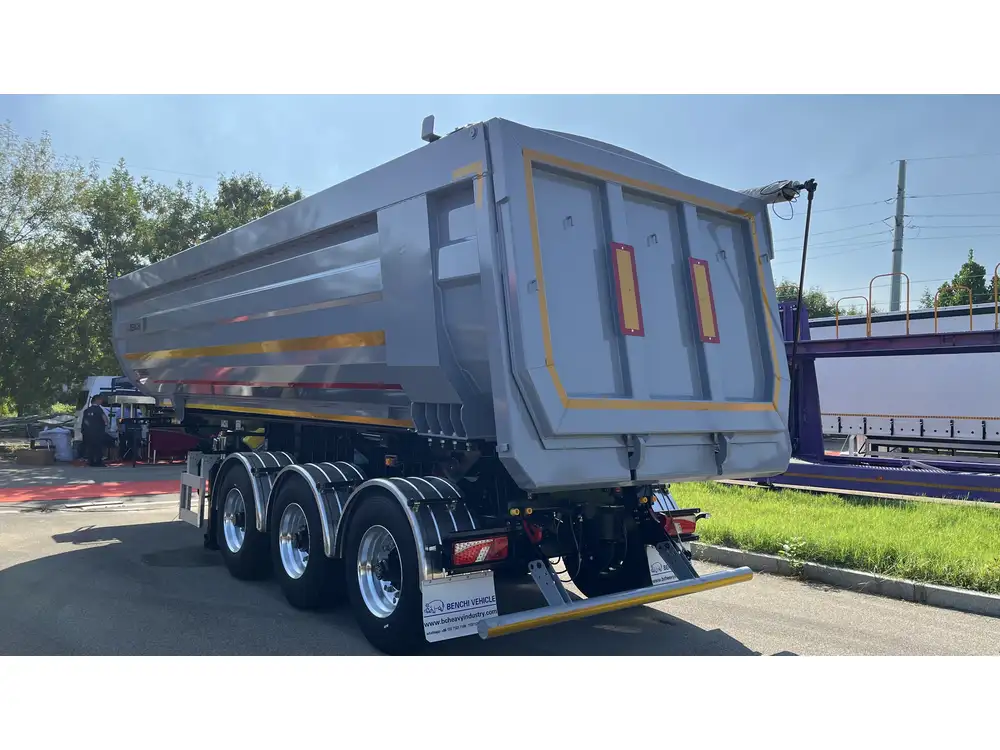
Why Rent a Flatbed Trailer?
Several factors drive individuals and businesses to seek out flatbed trailer rentals instead of purchasing outright. Understanding these motivations can help you make an informed choice in your logistics strategy:
Cost-Efficiency
Renting a flatbed trailer can be a more economical option for businesses that need to transport goods occasionally or are not ready to commit to a significant capital outlay. Here are key points to consider:
- Reduced Upfront Investment: Avoid hefty purchase costs associated with new or used trailers.
- Predictable Expenses: Rental agreements often provide clear, predictable payment terms, aiding in budget management.
Flexibility and Scalability
As businesses evolve, their transportation needs can change. Renting provides the adaptability required to scale operations seamlessly.
- Seasonal Demand: If your business experiences fluctuations, renting allows you to adapt without acquiring additional assets.
- Diverse Requirements: The ability to select from various trailer types according to specific hauling needs ensures versatility.
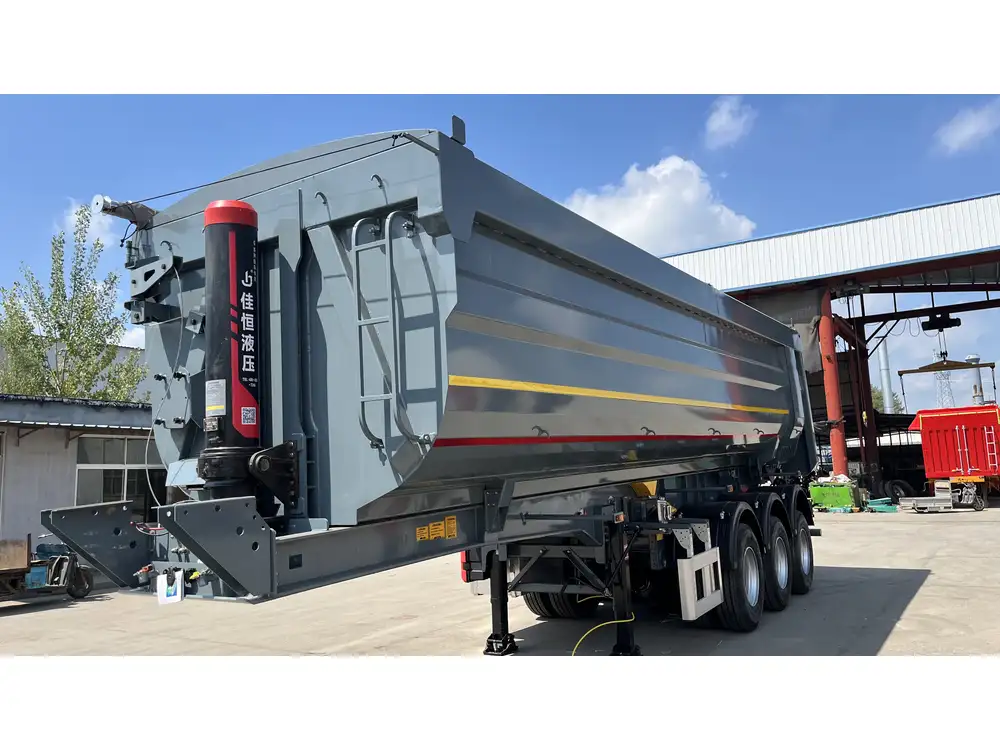
Maintenance and Support
Renting often includes maintenance and inspection services, alleviating the burden of ownership.
- Regular Maintenance Checks: Rental companies typically offer well-maintained equipment, minimizing downtime.
- Roadside Assistance: Many rental agreements include coverage for roadside issues, providing peace of mind during transport.
Key Considerations When Renting a Flatbed Trailer
When considering flatbed trailer rentals, several critical factors should influence your decision. Let’s dissect these considerations to ensure informed choices:
Rental Company Reputation
The reliability of the rental company is paramount. Look for:
- Reviews and Testimonials: Seek out user experiences and feedback on platforms like Google Reviews or specialized equipment rental websites.
- Industry Experience: Choose a company with a solid track record in the trailer rental sector.

Trailer Specifications
Identify the characteristics that align with your specific hauling needs:
- Weight Capacity: Ensure the trailer meets the weight requirements for your cargo.
- Size Dimensions: Consider both the length and width to accommodate your load effectively.
Rental Terms and Conditions
Before finalizing a rental agreement, closely review the terms to avoid unexpected costs or issues. Key areas to scrutinize include:
- Rental Period: Determine if the rental duration fits your project timeline.
- Pricing Structure: Be aware of additional charges, including mileage fees or penalties for late returns.
- Insurance Coverage: Clarify insurance provisions to safeguard against damage or loss.
Loading and Unloading Logistics
Evaluate the processes involved in loading and unloading your cargo:
- Accessibility: Ensure that the loading area can accommodate the flatbed trailer’s height and width.
- Equipment Needs: Consider if additional equipment (like ramps or cranes) is necessary for secure loading.
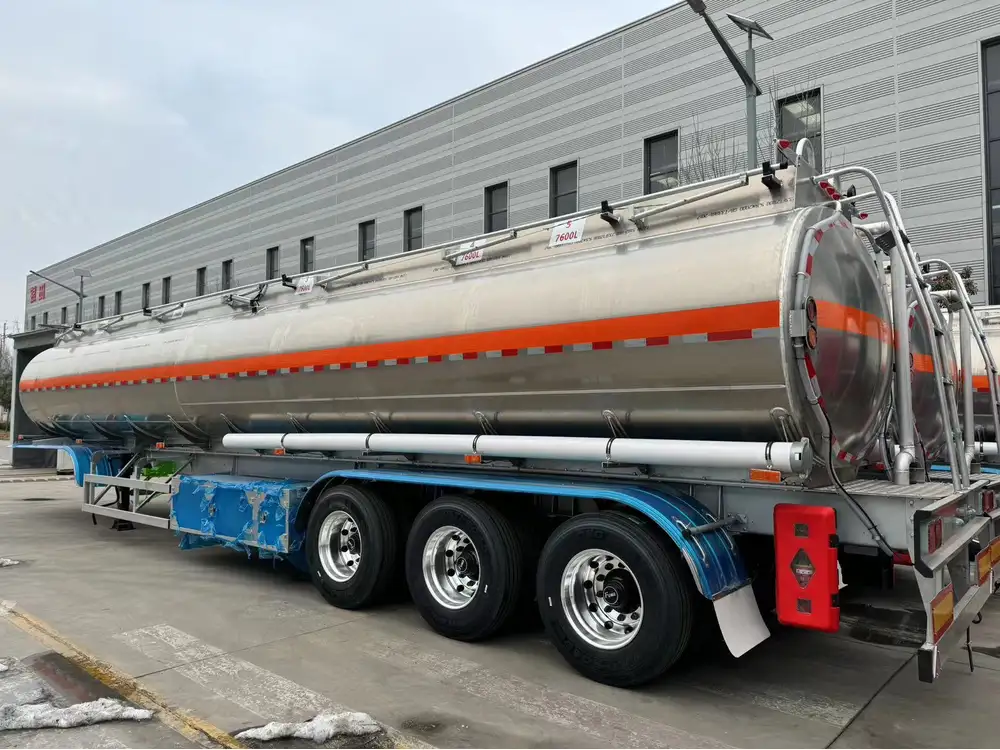
How to Rent a Flatbed Trailer: A Step-by-Step Guide
Renting a flatbed trailer can seem daunting at first, but following a structured approach simplifies the process. Here’s a guide to ensure a streamlined rental experience:
Assess Your Needs: Evaluate the type and size of the load you need to transport. Determine if you require specialized features such as a drop deck or side rails.
Research Rental Companies:
- Compile a list of potential rental service providers in your area.
- Check their inventory online to ensure they have the right type of trailer available.
Get Quotes:
- Contact multiple companies to obtain pricing overviews.
- Inquire about any ongoing promotions or discounts that could be beneficial.
Review the Terms:
- Carefully read through rental contracts to understand all stipulations.
- Pay attention to included services, maintenance protocols, and insurance details.
Secure Your Booking:
- Once you’ve chosen a rental company, finalize the booking.
- Provide necessary identification and payment details to complete the transaction.
Pick Up the Trailer:
- Inspect the trailer thoroughly before accepting it, ensuring it meets your specifications.
- Check for any existing damage and document these findings.
Return the Trailer:
- Return the trailer on time to avoid extra fees.
- Conduct a final inspection with the rental company to confirm its condition.
Frequently Asked Questions about Flatbed Trailer Rentals
1. How much does it typically cost to rent a flatbed trailer?
The cost can vary based on several factors including the size of the trailer, rental duration, and geographic location. On average, expect to pay between $100 to $300 per day. Be sure to ask about additional fees that could apply.
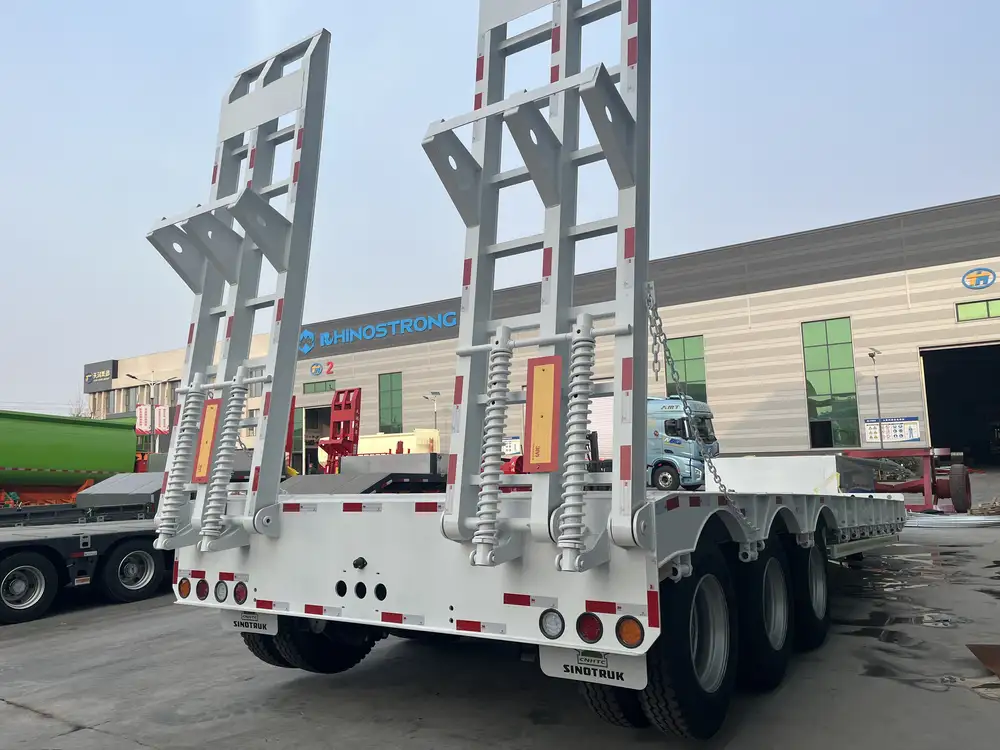
2. Can I rent a flatbed trailer for a one-way trip?
Yes, many rental companies offer one-way rentals, generally at a higher cost. This option is suitable for cross-country hauls where returning the trailer to the original rental location isn’t feasible.
3. What types of insurance do I need when renting a flatbed trailer?
Most rental companies provide basic insurance; however, it’s advisable to also check your personal or commercial vehicle insurance policy to cover potential damages during transit.
4. Can flatbed trailers transport hazardous materials?
Transporting hazardous materials typically requires adherence to strict regulations. It’s essential to consult with local regulations and confer with the rental company regarding capabilities and requirements.
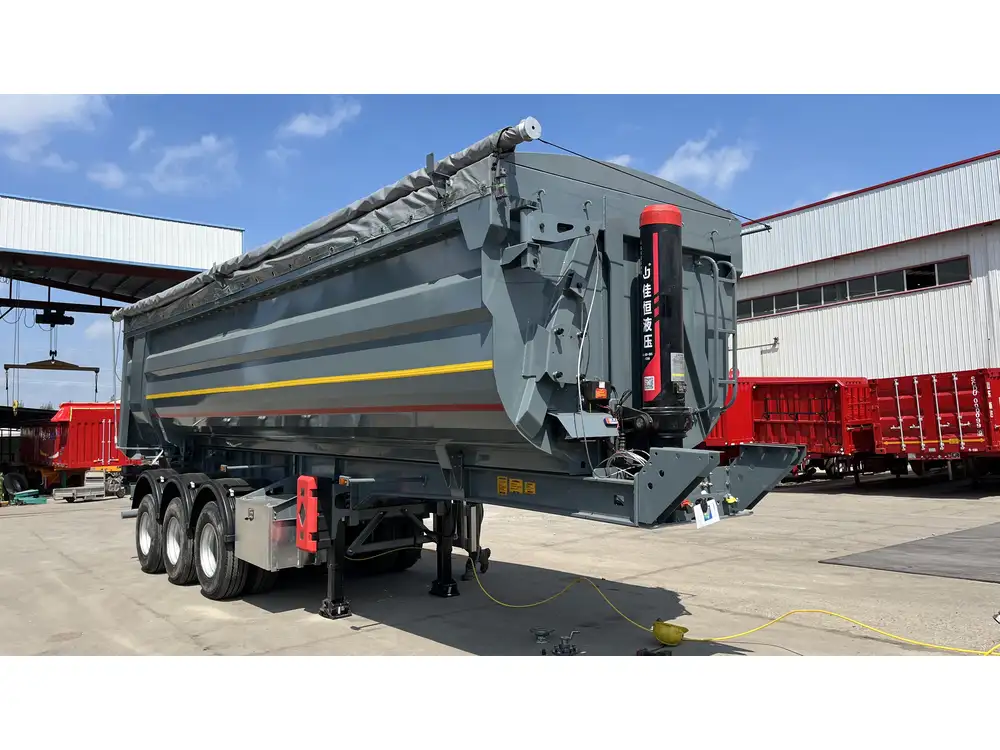
5. Are flatbed trailers equipped with tie-down points?
Yes, most flatbed trailers come with built-in tie-down points to properly secure your load. Utilizing straps or chains is critical for safety during transit.
Conclusion: Empowering Your Logistics With Flatbed Trailer Rentals
When the need arises for semi-trailer solutions that afford flexibility, cost-efficiency, and versatility, flatbed trailer rentals emerge as a superior choice. From understanding the fundamental types of trailers to managing essential logistics and addressing pivotal questions, we’ve uncovered the myriad aspects that define the rental experience.
The journey of choosing the right flatbed trailer, securing a reliable rental company, and preparing for seamless logistics requires careful consideration, but the benefits are significant. With thoughtful planning and the right resources, your cargo transport challenges can become manageable and efficient. Do not hesitate; explore the world of flatbed trailer rentals today and unlock new opportunities in your logistics operations.



